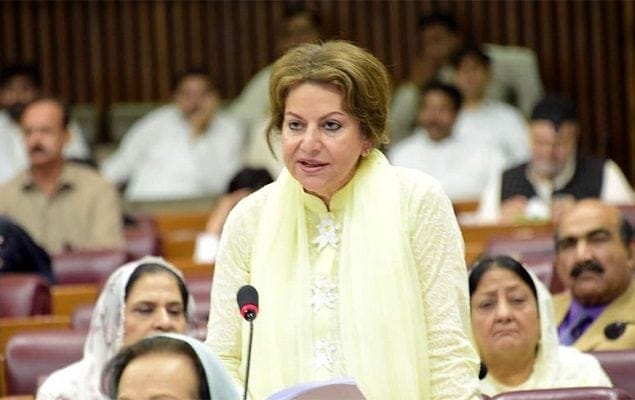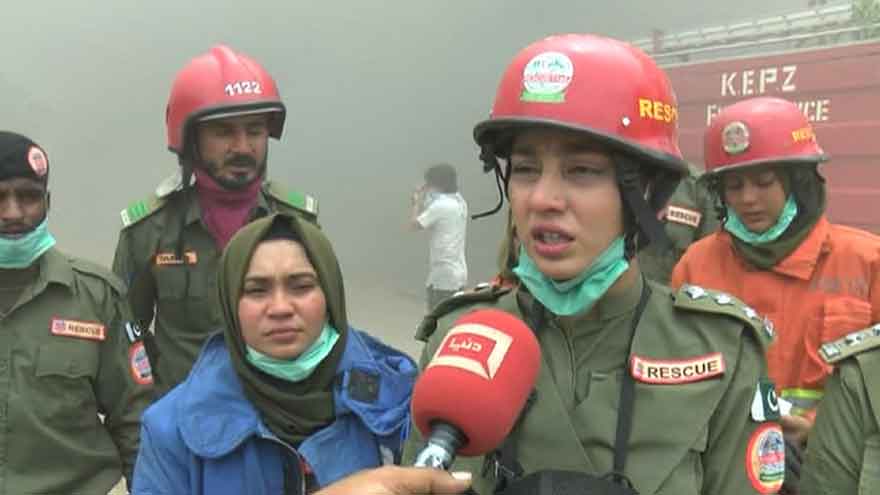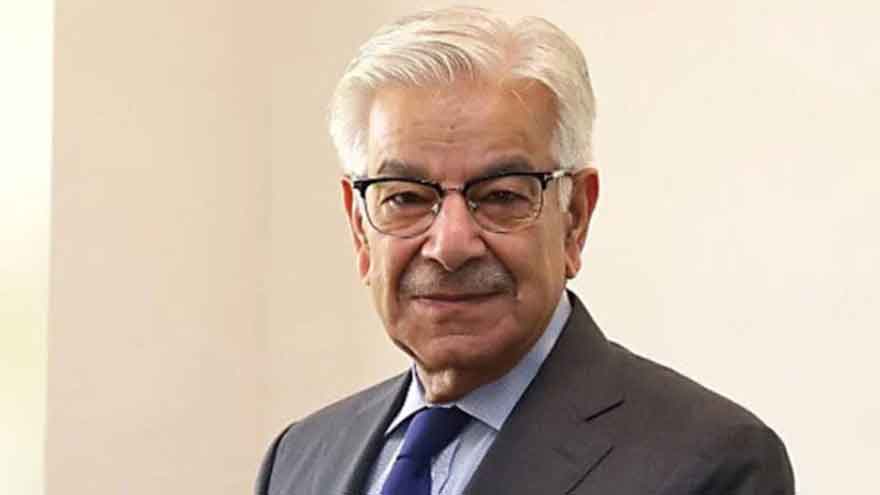NA Passes Resolution against US House of Representatives Resolution with Majority Vote

Islamabad: In the National Assembly session on Friday, Member of the Assembly Shaista Pervez Malik presented a motion for resolution, which was approved by a majority vote. The resolution expressed concern over the recent resolution passed by the US House of Representatives, particularly noting remarks concerning the utilization of Pakistani votes in the February 2024 elections.
The resolution emphasized that the American resolution does not accurately reflect the facts, asserting Pakistan's status as a free and independent nation that will not tolerate any interference in its internal affairs.
It further stated that the National Assembly urges the United States and the international community to take note of the humanitarian crises in Gaza and Occupied Kashmir, calling upon the US Congress to address human rights violations in these regions.
Additionally, the resolution conveyed the Assembly's commitment to fostering bilateral relations with the US on equal terms and anticipated a constructive role from the US House of Representatives in future engagements.
During the session, members of the Sunni Unity Council voiced opposition to the resolution, leading to protests and slogans in the House.
The resolution by the US House of Representatives on June 26 garnered significant support, advocating for an impartial investigation into allegations of electoral manipulation following Pakistan's general elections on February 8, 2024. The resolution highlighted the importance of ensuring people's participation in the electoral process.
The issue of electoral integrity was prominently raised by Pakistan Tehreek-e-Insaf (PTI), led by former Prime Minister Imran Khan, who faced challenges during the elections due to legal disputes over their electoral symbol and intra-party elections.
Furthermore, the US resolution condemned any attempts to hinder the democratic participation of Pakistani citizens, including allegations of harassment, intimidation, torture, arbitrary detention, and restrictions on internet and communication access, which are violations of human, civil, and political rights.




